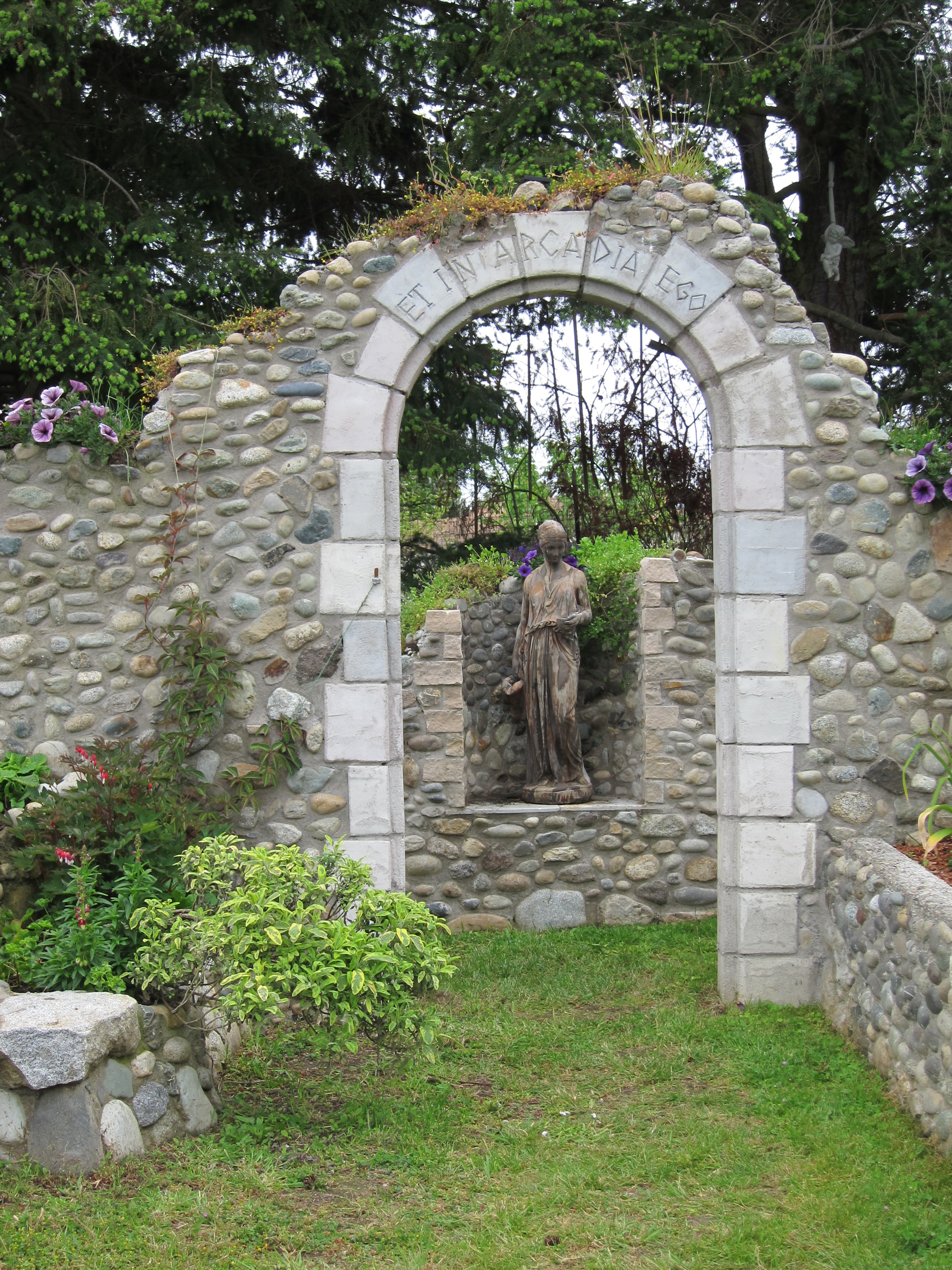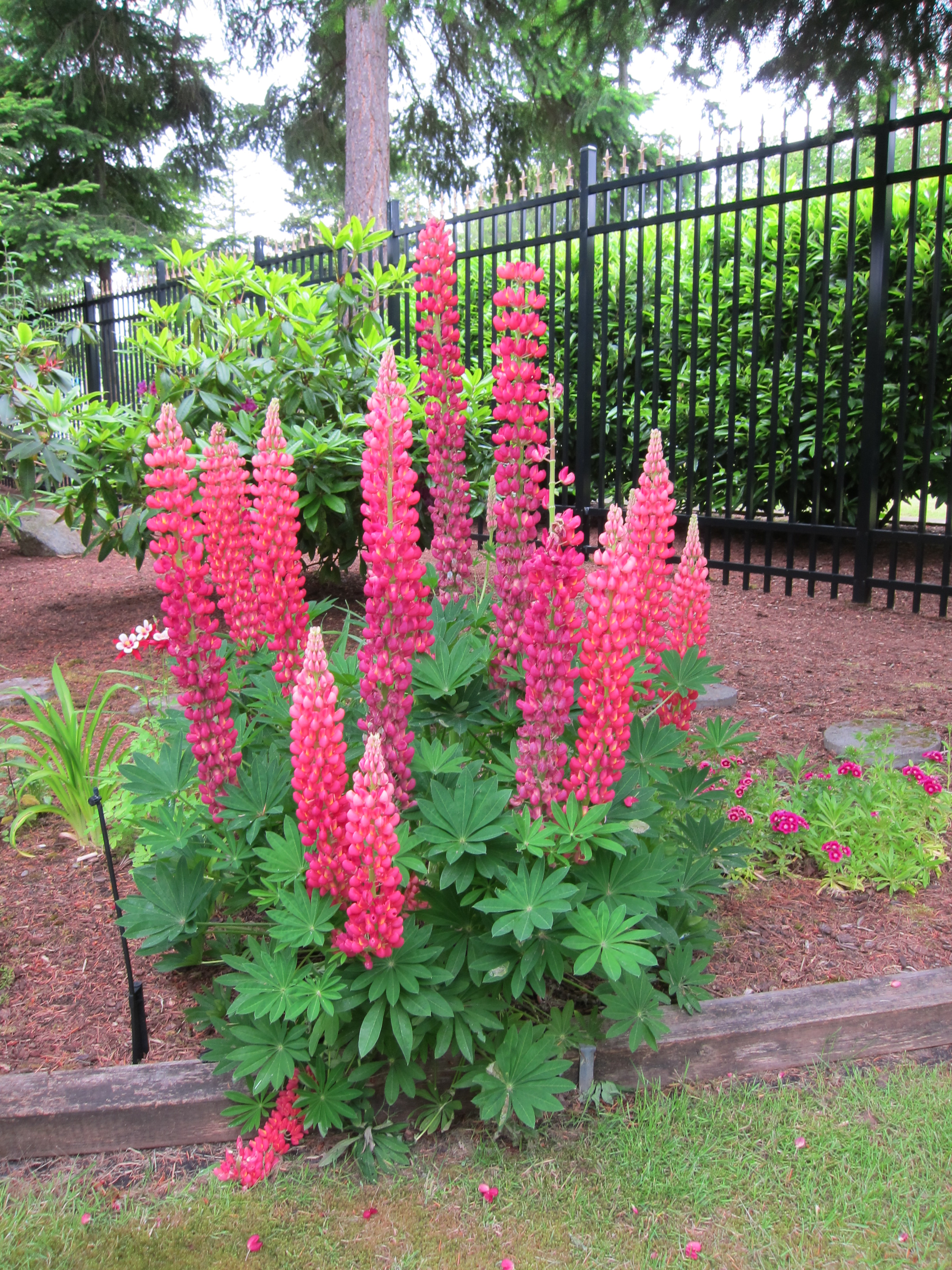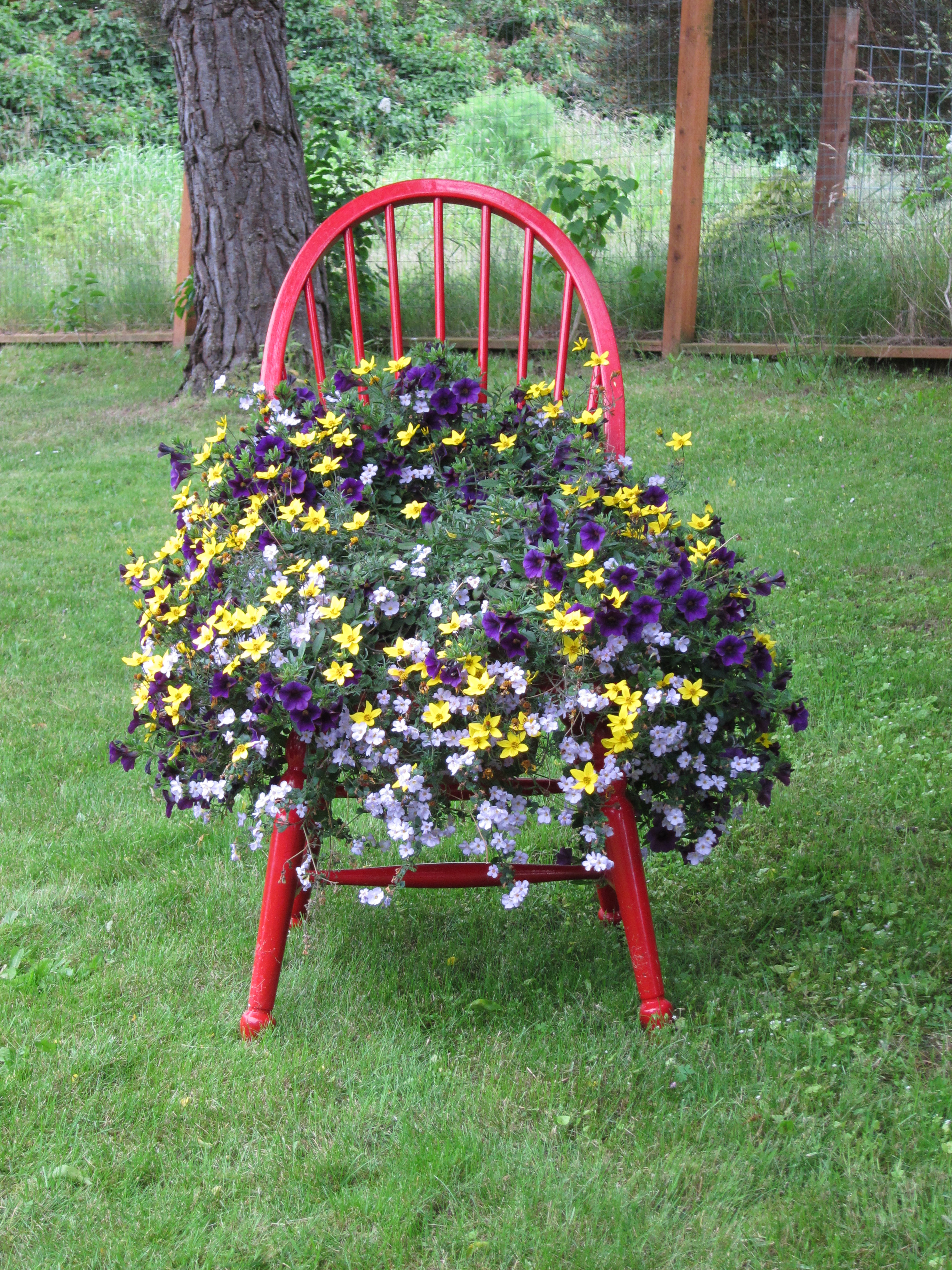Before I go into this week’s book recommendation, I just have to brag a little. I mean, I recommended Cheryl Strayed’s Wild: From Lost to Found on the Pacific Crest Trail several weeks ago, well before Oprah picked it up for her book club! So you heard it here first, folks. I’m just sayin’.
Now, to this week’s recommendation:
***

 Take a woman from present time with the typical dilemma of modern-day womanhood — balancing career and love. Combine her story with that of a mysterious woman from days gone by who carries a dark secret. Throw in that genetic “something” that draws us back to our roots and deepest desires with a bit of Welsh magic, and you end up with the Bronte-esque Eden’s Garden by Juliet Greenwood.
Take a woman from present time with the typical dilemma of modern-day womanhood — balancing career and love. Combine her story with that of a mysterious woman from days gone by who carries a dark secret. Throw in that genetic “something” that draws us back to our roots and deepest desires with a bit of Welsh magic, and you end up with the Bronte-esque Eden’s Garden by Juliet Greenwood.
Let me say first that I don’t use the Bronte name lightly. I first read Jane Eyre by Charlotte Bronte in the fourth grade and periodically pull it down from the shelf even today. I dragged hubby to the last incarnation of the movie version, which he loved, and I extracted a promise from him that we will visit Bronte country in England. While I didn’t enjoy sister Emily’s Wuthering Heights nearly as well, it also influenced my early reading life. It took me a long time to become willing to leave 19th century literature because of these wonderful writers. So when I say something is Bronte-esque, that translates to “major cool” in my brain.
In Eden’s Garden, Carys is the modern-day heroine, who returns to the town of her childhood to help her mother through hip-replacement surgery and recovery. She left as a young woman, jilting her childhood sweetheart to pursue her career dreams. At the time of her return, she is moving toward a career change, returning to her love of gardens, something she learned from her grandfather. The gardens of Plas Eden, a place where history and sad memories collide, draw her back. While her own life plans begin to unravel, she is drawn into an untold story of love and pain from ghosts of the past.
As a lover of gardens myself, I find that working in the garden connects me to my ancestors, and the same is true for Carys. The unique statues and mystery of the gardens at Plas Eden, a property struggling with disrepair and economic woes, add a further element of mysticism to these generational connections.

The other woman from the past? We don’t know for a long time, but as her story unfolds, it intertwines with Carys’ narrative, and we discover her, bit by bit. As she is revealed, Carys makes her own discoveries about life, love, and what really matters.
As rich and varied as the garden of Plas Eden itself, this story covers multiple generations of a woman’s struggle and heartache with a deft touch. Sensual and romantic, the story swept me away with its strong female characters. We are reminded how much better we women have it these days — and yet, even now, we must often make difficult choices. How do we manage both work and love in our modern, driven society?
One warning: once I got about halfway through, I could NOT put this book down. It is filled with Welsh charm and romance, and delights with a sweet, lovingly tended story that leaves the reader deeply satisfied, much as we would by strolling through a magnificent garden. Of course, now I have to get to Wales to explore some more on my own!